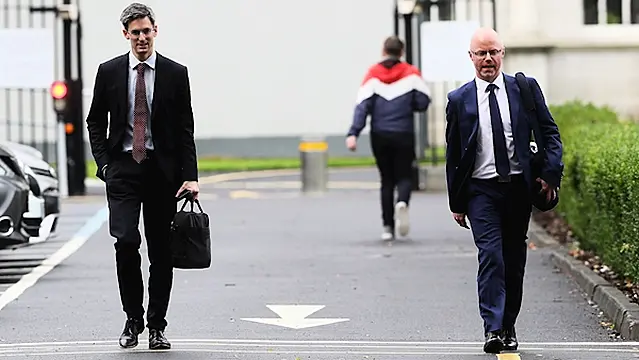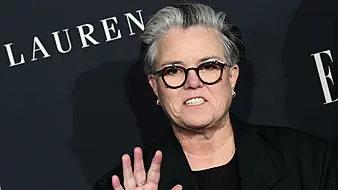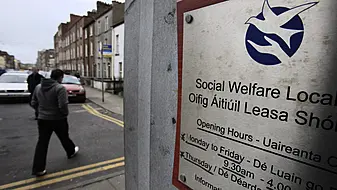Dublin recorded 189 cases, 60 in Cork, 31 in Donegal and 28 in Galway. The remaining cases were spread across 19 different counties.
JtuZF
Speaking at today's press briefing, Professor Phillip Nolan estimated that the reproductive, or R rate is now between 1.2 and 1.4. The R rate represents the average number of people a confirmed case of Covid-19 will pass the virus onto.
Prof Nolan added that the R rate may not reflect the daily figures being recorded over the last number of days, adding that the rate may be lower in Dublin but higher in other areas of the country.
As of midnight Tuesday, 29 September, the HPSC @hpscireland has been notified of 429 confirmed cases of COVID-19.
There is now a total of 36,155 confirmed cases of #COVID19 in Ireland.— Department of Health (@roinnslainte) September 30, 2020
Earlier today, the Department of Health in Northern Ireland confirmed 424 cases of the virus had been detected there in the past 24 hours, marking their highest daily increase since the beginning of the pandemic.
The record had previously been set by yesterday's 320 confirmed cases, only to be knocked off the top spot a day later.
One additional death today brings the North's death toll to 579.
In the Republic, rising rates of the virus in some counties has caused concern among public health experts.
The National Public Health Emergency Team (NPHET) is said to be considering expending Level Three restrictions to additional counties as 14-day incidence rates in some counties are continuing to surge.
gOzXR
Speaking to the Oireachtas Special Committee on Covid-19 earlier today, Dr Glynn said that a "significant improvement" would be needed before Dublin could be downgraded from Level Three restrictions and that evidence is not yet there to support the downgrading.
He also hit out at a "blame culture" and narrative that young people are the main cause of the spread of Covid-19 in Ireland.
Dr Glynn said the opportunities and lives of young people had been disproportionately impacted by the pandemic.
“The narrative around Covid has changed dramatically over the past two months in this country and we evolved to somewhat of a blame culture, looking for the next target, the next reason why we can’t control this disease, and the latest one is young people," he said.
“I’ve been at pains for a number of weeks now to point out the fact that this disease has had an absolute disproportionate impact on the social lives, the education, the work, the employment opportunities, the relationship opportunities for young people.”







